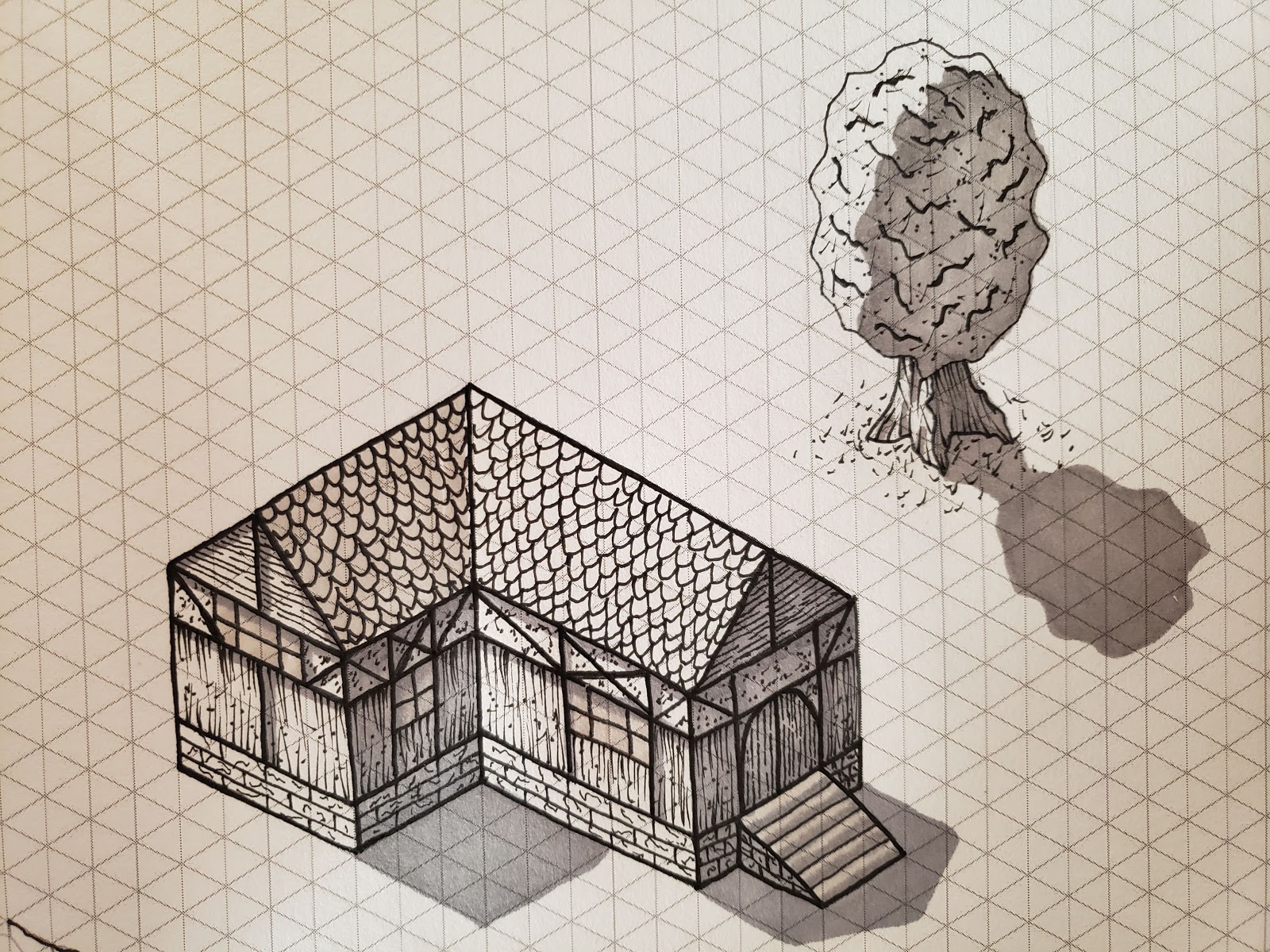A Plan for Healthy Tech Usage
Skip to the recap to see my tech usage suggestions at a glance.
In spring of 2014 I was sitting in a software engineering ethics course discussing the topic of phone addiction. Many people in the class room had many different opinions on the severity of the negative impact as well as the benefits that phones provide. I was convinced that addiction was real, and that even if I could point the finger at others who were worse than myself, that I was addicted. My psychology was conditioned to increase engagement so as to increase add revenue for these tech companies. This led me to get rid of my smart phone and to use a flip phone for the following two years.
Life changed. For months I found myself half way down the road, reaching for my phone to get directions, and being stuck. This is just one example, but a lot changed for the worse, or at least, life was slower and more difficult. However my attention span increased and I read much more.
Fast forward to 2019. I have been using a smart phone again for about 3 years. Trips to Lowes for home projects, note taking, podcasts, work, all seemed to require a smart phone. With a little investigation, I found that I was on my phone for over 2 hours a day. This was less than the 3 hours per day for the average adult, but still too much. YouTube was the problem. Taking a month off of YouTube required nearly all my willpower, but I did it.
Fast forward to 2020; pandemic, an anxiety inducing election cycle for all sides, and I felt like I needed another month long hiatus. I made it 3 weeks, and for the life of me I could not go any longer. Whatever I had decided one day, the next day I was back on YouTube. My kids want to play, dinner needs made, I need to fix the sink; I'm on YouTube. In case you think that this is not relevant to you. Commit to a month off of whatever service you use most (Facebook, Twitter, Pinterest, etc...) and see what happens.
Enough was enough. I installed BlockSite on my phone, my wife put in the password, and I literally could not watch YouTube on my phone no matter how much I wanted to. The world did not end, and I was better for it. I often found myself reacting with surprise at how angry people were over some social or political event that I had only learned about a week after the fact.
I have always been concerned about my own tech usage. This all might sound contradictory coming from a software engineer. However, people within the tech industry are often the first to be concerned with it's effect on themselves and those they care about.
All of this is to say that I have been thinking of this issue for quite a while and while I am still on the journey of figuring out how to best draw out the benefits of tech while leaving the negatives behind, I do have some suggestions that I would like to share. This is one way you can take your own psychology back. I have split these suggestions into 5 levels, since not everyone wants to go as far as everyone else.
Level 1: Monitor yourself
The first step is to know how you are using your devices. Install the QualityTime app and put the widget on your home screen. This will tell you how much time you spend on your phone each day as well how many times you unlock it. After a few weeks of usage it will tell you your daily usage and other statics on a per app basis.
Level 2: Removing the worm
The eyes of a fish are uncontrollably caught by a wiggling worm, and they rarely notice the sharp, barbed, hook. The attention of a human being are uncontrollably caught by a notification, and they never notice the psychological conditioning. In the case of the fish, the only way to not get impaled is to remove the worm. In the case of the human, the only way to not get conditioned is to remove the notification.
Go onto your phone and turn off notification permissions for every app. Do not allow text messages, social media, email, or anything else to get you back onto your phone. Initiating engagement on your phone should always be your choice. Checking your Facebook feed or your text message should always be initiated by you. And even if you are checking too often, at least you chose to check.
Once you are on, however, there are more hooks. The reason that tech wants to psychologically condition you is to increase your engagement so that you see more ads. The next step to removing the hook is removing the ads. My suggestion for this is to use the Brave browser. Brave Rewards allow you to see ads in order to earn points and support content creators, but that is another conversation. For the purpose of removing the hook, leave Brave Rewards off. I also suggest changing the Brave new tab screen to remove the news feed and the other widgets.
Another source of hooks are search engines such as Google. They learn about you and suggest results for you that will keep you on. DuckDuckGo does not do this. The results you see are the results everyone else sees.
Level 3: Remove the juice
Anything you like too much can become a problem. Even if you are spending time on things that would widely be regarded as good, too much of it makes it no longer good. Listening to a few hours of TED talks might be considered good. Listening to a few hours of TED talks each day for a week while you need to be spending time studying or with your family or with your spouse; well, that is no longer a good thing. Oh and by the way, don't feel like your can exclude yourself because you don't watch TED talks. Yours might be Facebook, or YouTube, or Pinterest, or Twitter, or Snap Chat, or whatever else.
You need to remove the 'juice' that makes these things so addicting. Turn on grayscale mode on your phone, and all of a sudden some of the addictive power is gone. Secondly, use QualityTime to add a phone break for at least a twelve hour period each night. For me this is between 8pm to 8am. This means that the first and last thing I do each day is not checking my phone. Your time window may vary depending on when you sleep, but make sure the window starts well in advance of bed time and ends well after waking up.
Level 4: Just take the IV out
We have done a lot in order to make sure that we can use these apps and services while not abusing them. However, do we really need them at all? Why not just pull the IV out, and stop the endorphin drip altogether? While some apps are useful tools that have no addictive power (as demonstrated in the usage report in QualityTime) others are not useful. Wait to see pictures of your new family member in person or via a text message. Did it really improve your life to see it on Facebook?
I suggest to first of all delete social media accounts altogether. If it requires you to create an account, connect with other people, has a curated feed of information for you to look at, and post content and receive content posted by others, you do not need it in your life.
Next, install BlockSite on your phone, and blacklist any app or website that you do not want to be on, including all the social media apps and websites. Lock the BlockSite settings with a password, and allow a trusted friend or family member to enter the password, so you really have no way of getting back to these apps.
Level 5: Enjoy your life
Now that tech companies are not psychologically conditioning you to spend time on their platforms and increase their ad revenue, you are free to actually enjoy life with the people who are actually with you
Recap
- Monitor yourself with QualityTime
- Turn off all notifications
- Make Brave your default browser
- Make DuckDuckGo your default search engine
- Turn on grayscale mode in your phone settings
- Add a twelve hour phone break with QualityTime
- Delete all social media accounts
- Install BlockSite and Block all social media and other addictive sites, password protected by a trusted friend or family member


